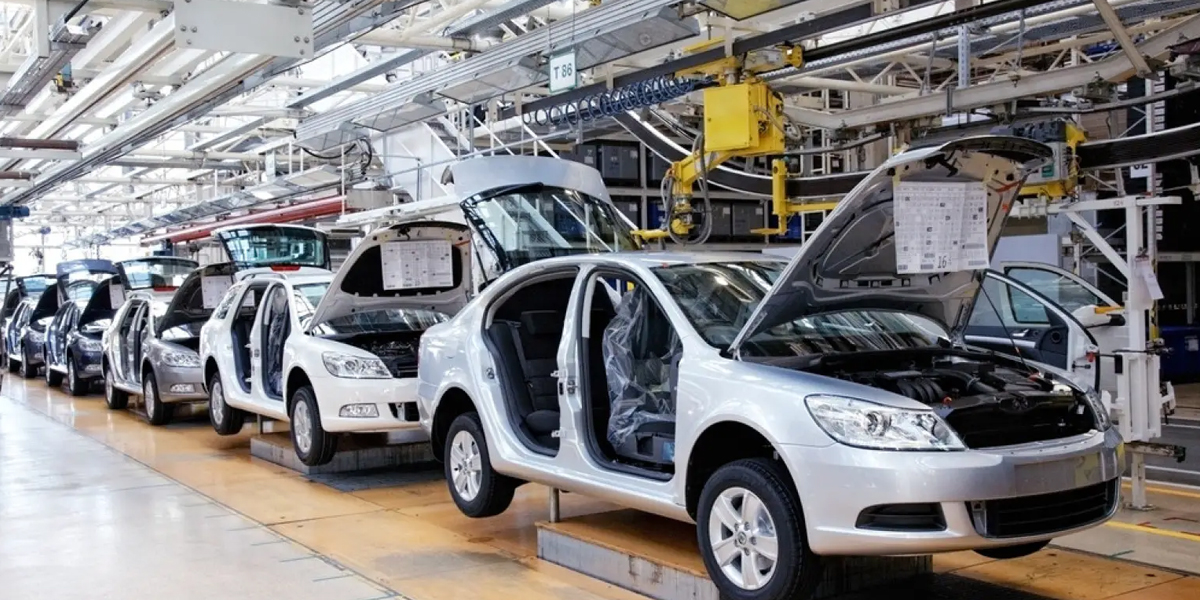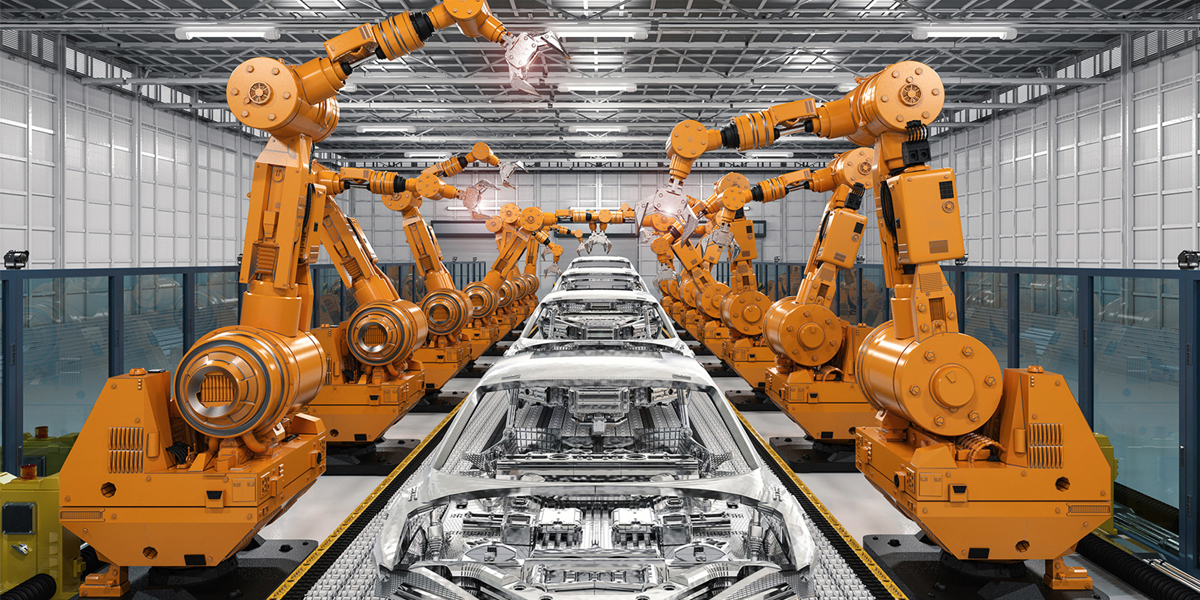From engine components to electrical systems, from steering mechanisms to brakes, precision is essential to ensure safety, performance and durability.

Engines:
Precision engineering is used in the design and manufacture of engines, where every component, from pistons to crankshafts, must be manufactured to exact specifications to ensure efficient and smooth operation.
Electrical Systems:
Precision engineering is also used in the design of electrical systems, including the complex wiring and circuits involved in modern automobiles. Components such as sensors and control units must be precision engineered to ensure consistent and reliable performance.
Safety Systems:
Safety systems, including braking systems, airbag systems and stability control systems, require precision engineering to work reliably. Failure of any one of these systems can have catastrophic consequences.
Materials:
Precision engineering also influences the choice of materials used in automotive manufacturing. Materials are chosen not only for their durability and performance characteristics, but also for their ability to be manufactured and assembled with precision.
Manufacturing Processes:
Precision engineering also extends to the manufacturing process. Assembly lines and robotic systems are precision-engineered to place parts precisely with extremely tight tolerances. This is very effective in increasing efficiency and reducing the likelihood of defects.
Quality Control:
Precision engineering is also important in quality control to ensure that all parts meet the required specifications and that any defects can be quickly identified and corrected.
Electric and self-driving cars:
Precision engineering is becoming increasingly important with the rise of electric and self-driving cars. Battery systems, electric motors and autonomous driving systems require high precision to operate correctly and safely.
Precision engineering is an integral part of the automotive industry, affecting everything from design and manufacturing to quality control and ongoing maintenance. Without precision engineering, the safety and performance of automobiles would not be guaranteed.
What precision machining processes are typically used in the automotive industry? What components are produced?
Computer Numerical Control (CNC) machining is a critical process in the automotive industry. It using computers to control machine tools to produce parts with high precision. CNC machining can be used to manufacture engine components, transmission parts, brake systems, and more.
This process is typically used to create plastic parts with complex shapes. In the automotive industry, injection molding is often used to manufacture components like dashboard components, knobs, handles, and other interior parts.
Die casting is a method of casting metal parts, which involves forcing molten metal under high pressure into a die cavity. It's often used for manufacturing engine blocks, cylinder heads, and other high-volume, complex parts.
Sheet Metal Fabrication is placing flat metal sheets into a press where tool and die surfaces form the metal into a new shape. This process is often used to create body parts such as panels and hoods.
Laser Cutting and Welding:
Lasers are used for cutting parts with high precision and for welding components together. Laser welding is often used for its precision, speed, and ability to weld hard-to-reach areas.
Also known as additive manufacturing, 3D printing is increasingly being used in the automotive industry for prototyping, tooling, and producing small batches of complex parts. It allows for rapid iteration of design prototypes and can produce parts that are difficult or impossible to create with traditional manufacturing methods.
Robotics and Automation:
Robotic assembly lines allow for extremely precise placement and assembly of components. Robots are used for tasks such as painting, welding, and assembly.

Electrochemical Machining (ECM):
ECM is a controlled process that removes metal by anodic dissolution, with high precision and without affecting the mechanical properties of the material. It's typically used for hard materials or complex shapes, where traditional machining would be inefficient or impossible.